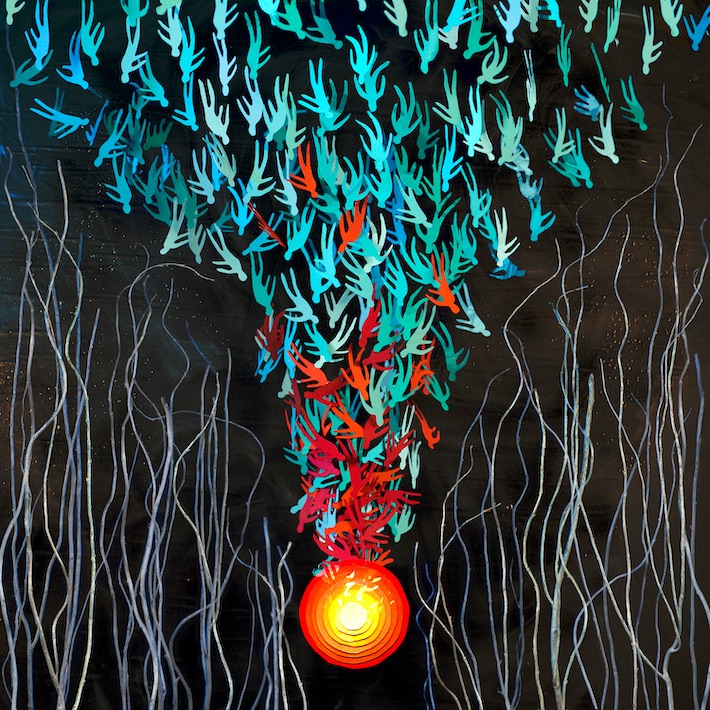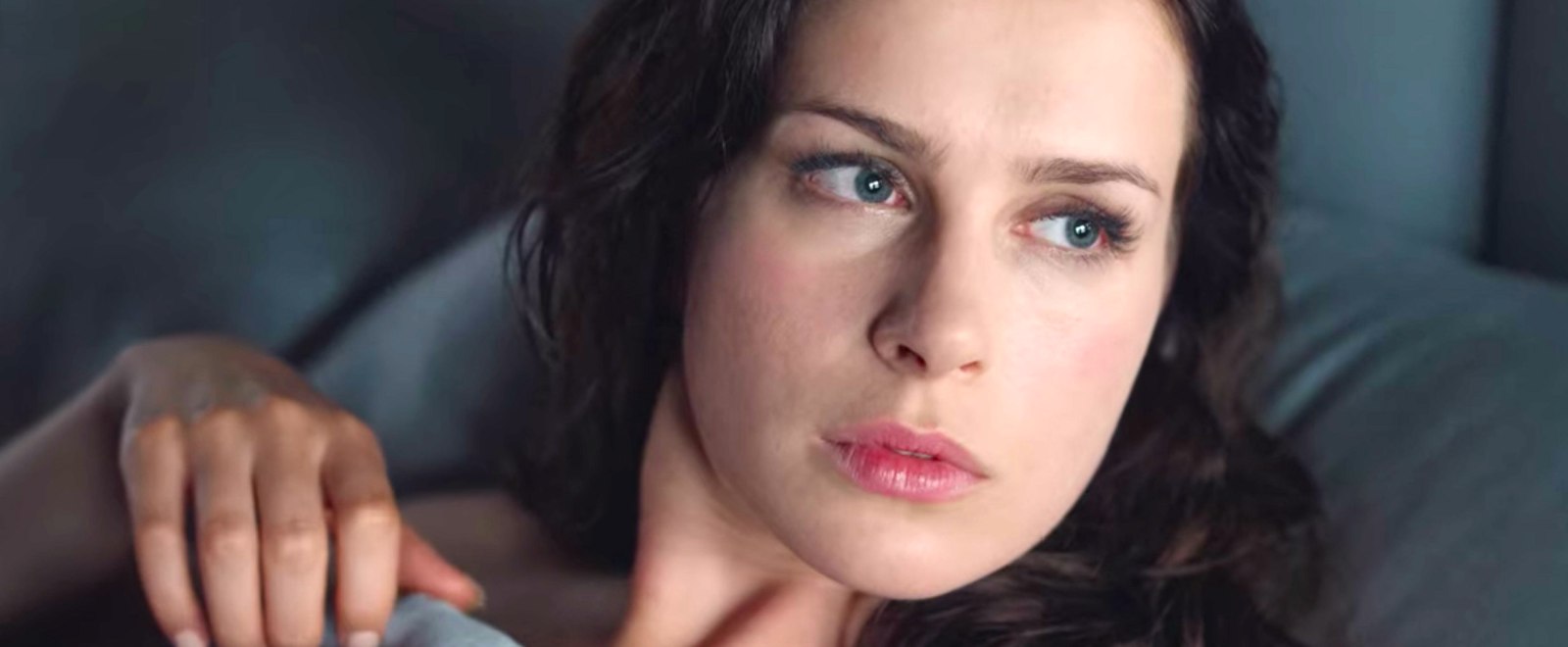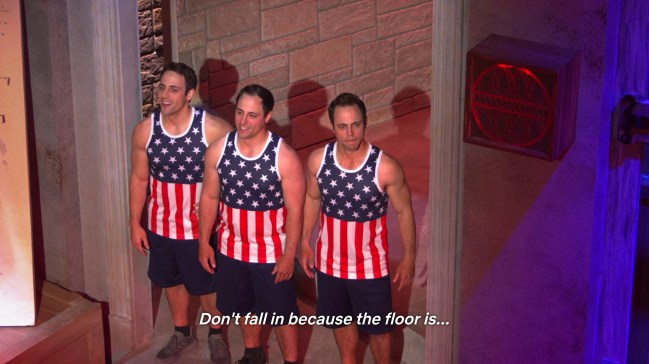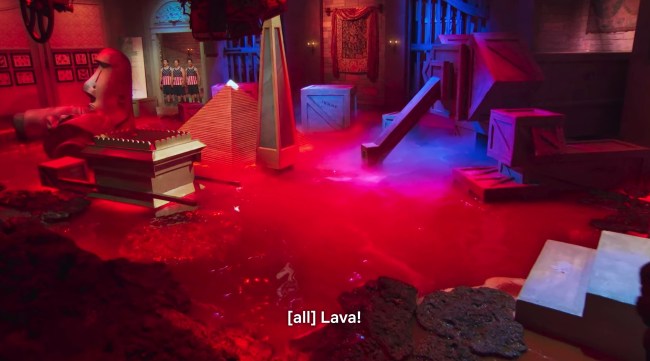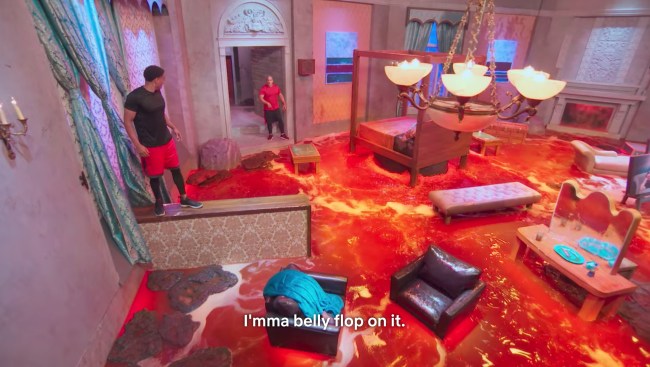
The second season of AMC’s NOS4A2 premiered on Sunday night with a true kicker: Charlie Manx may have “died,” but he’s still somehow kicking. Zachary Quinto returns to play the immortal psychic vampire, whose love affair with a supernaturally-powered car can reinstill his youth, if only he can devour a child-soul or two during his travels to Christmasland. Fortunately for viewers, this season (which continues adapting Joe Hill’s novel) is not only spookier but more focused than last year’s run. The tighter story also makes the horror personal while bringing the beef between Manx and his foil, Vic McQueen, to a proper head. And Manx is out for revenge, so watch out, world.
Of course, this role isn’t Quinto’s first villainous rodeo. Although his eyebrows would never let anyone forget his take of the beloved Dr. Spock in the reinvigorated Star Trek franchise, no one could forget his convincing portrayals of striking, unforgettable antagonists in Heroes and American Horror Story. While speaking to us in a phone interview, Quinto looked fondly back on his bad-guy roles while also hoping to pause them for awhile. Before that happens, though, he’s delivered one hell of a sinister comeback for Charlie Manx. It’s a demanding role that puts Quinto through the paces this season, both physically and otherwise, and he was kind enough to talk about deep-diving into a reprehensible character’s mind to trace the roots of his evil.
I’ve always wanted to “interview a vampire” or somebody who’s portraying a vampire-like character.
Fantastic! I’m glad I can fulfill your dream.
You’ve played plenty of likeable guys, so what does it say to you when people hear your name and instantly conjure up visions of your antagonists and villains?
It’s hard to say. I think I’m not afraid to look at the darker side of human experience in my own life and interactions with people. To me, it signifies the work that I’ve done on myself to be able to hold space for characters like this and for people to have reactions to characters like this. I think, in our culture, we need places to put our otherwise sublimated, kind-of darker energy, and if my creative process can help people identify those aspects of themselves in a character that excites or thrills them, or if they love to hate them, I’m happy to do that, to a point. I feel like, for me, my experience as Charlie Manx kind-of exists as a culmination of a period of work that I’ve done, starting with Heroes, moving to American Horror Story, and now with NOS4A2. So I’m actually really interested in exploring other psychologies and psyches moving forward and putting the “villain track” on pause for awhile to let it rest. But this has been a really great experience for me, so I’m grateful for the opportunity to work with such committed and lovely people and to bring this book, which is so phenomenal in its own right, to life.
Whenever I think about actors who are known for playing “bad guys,” I recall what Mayans M.C.‘s Emilio Rivera told us last year. After playing 40 normal guys and 140 bad guys, he said, “I remember all the bad guys, but I don’t remember the good guys too much.. [because] I put a part of myself into the bad guys, trying to find the good in them.”
Oh yeah, uh-huh!
Well, Charlie Manx believes he’s doing good, but is there any of that to grab onto while portraying him?
Well, I think the job of any actor who’s inhabiting the psyche of a character is to understand the origins of that psyche, so with Manx, he may think he’s a good person, doing good, but anyone who’s objectively looking at the situation sees that it’s entirely warped and untrue and a manipulation of reality. And where does that kind of manipulation of reality in someone’s experience usually generate?
Probably when they’re younger or at some sort-of pivotal point in life.
It’s usually at a point of real trauma in their development, whether it’s in their youth or adolescence. And I think one of the great things about Season 2 is that it does take that dive into what Charlie Manx used to be, and it’s something that I did from the beginning of this job — to really understand what created this monster, right? And where do we go? And when we go into his past… it’s a little bit in the book but more specifically in Joe Hill’s graphic novel, which is called The Wraith, which is entirely about Manx’s relationship with the car and how it comes to be in his life, and it really gives answers to those questions. So, I was doing that deep dive in Season 1, but the great thing is that the audience gets to do it in Season 2. I think that they’ll be really satisfied by the episodes we have that are more flashbacks and that are opportunities to see the origins of this trauma.
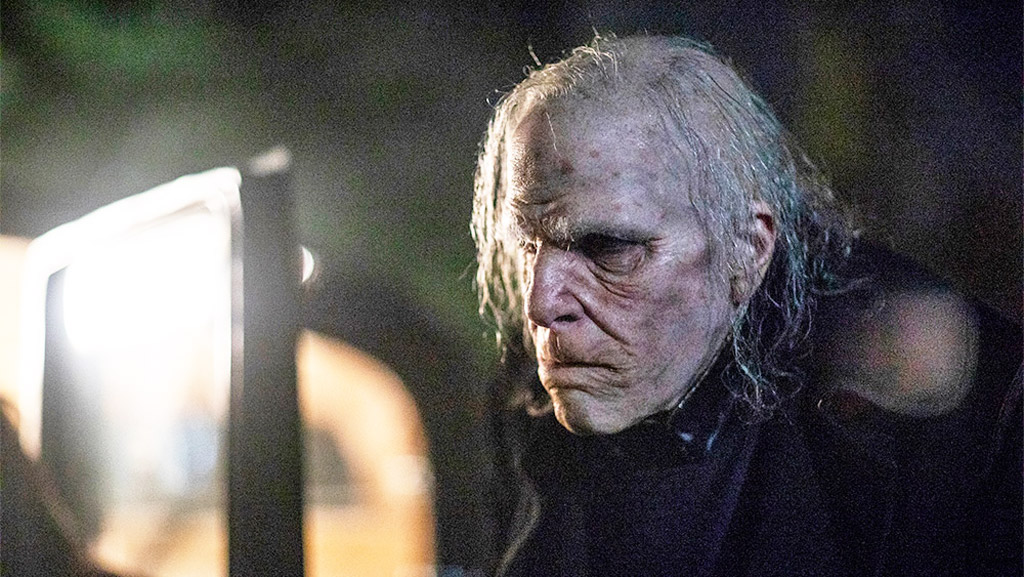
Without spoiling anything, he’s got real-life concerns at work in addition to the supernatural elements. And how do you think that his motive of revenge adds to his level of dangerousness?
I think that’s his main thrust in Season 2. Eight years have passed between seasons, and Manx is basically on the verge of death and eventually dies in that time, so when we meet him at the beginning of this season, he’s dead. And through a series of orchestrated and coincidental events, he ends up at the end of Episode 1 not being dead. I think he’s pissed, and the only person he has to hold responsible for his situation is Vic McQueen. It definitely ratchets up the conflict between them. We see that she’s in a different place in her life with a family of her own. She’s struggling in her own ways with shortcomings and very human foibles and vulnerabilities, and Manx exploits them. He manipulates them, and he goes straight for the jugular with her, using the most precious kind of leverage, which is her son.
There’s a very physically demanding episode after Manx comes back from the dead. It looks like you went through hell, but is it any easier to “be” Manx when you look evil as opposed to the younger version?
It’s pretty intense! Those were the first two episodes we shot, and yeah, it was pretty full-on to do that, physically and otherwise. But it was fun, I had a great team of people around me, people that were the top of their field and experts in special effects and makeup: Joel Harlow, Richie Alonzo, and Jules Holdren, who did my hair and makeup throughout the season. And that was really great because they’re incredible. They’re fun to work with and to be with, and we all got on really well. The work itself was pretty grueling, but it makes for good TV, and that’s mah job.
You recently detailed your quarantine life for the New York Times. Lots of meditation and old movies there, but I didn’t sense a horror obsession, so are you a fan of the genre? Did you draw upon any iconic performances?
You know, I don’t consider myself an avid horror fan. I like a good story, and if that story happens to be in the horror genre, and it’s well-told, then I’m certainly onboard. But I’m not like a rabid horror guy. And I tend to like horror that’s more grounded, like psychological horror. That appeals to me generally much more than gore or violence, so for me, especially with this project, all of the questions I had about the character were always in the book or the graphic novel or the script. I would rely on my connection to those things more than I would rely on anyone else’s work for inspiration.
I sure hope you get to do some lighter material soon.
Yeah, I’m ready!
You were a delight in Unbreakable Kimmy Schmidt, which only looked grueling for the wall-sitting competition.
Oh, thank you! [Laughs] That one was really fun to work on.
‘NOS4A2’ returns to AMC at 10:00 pm EST on Sunday, June 21.

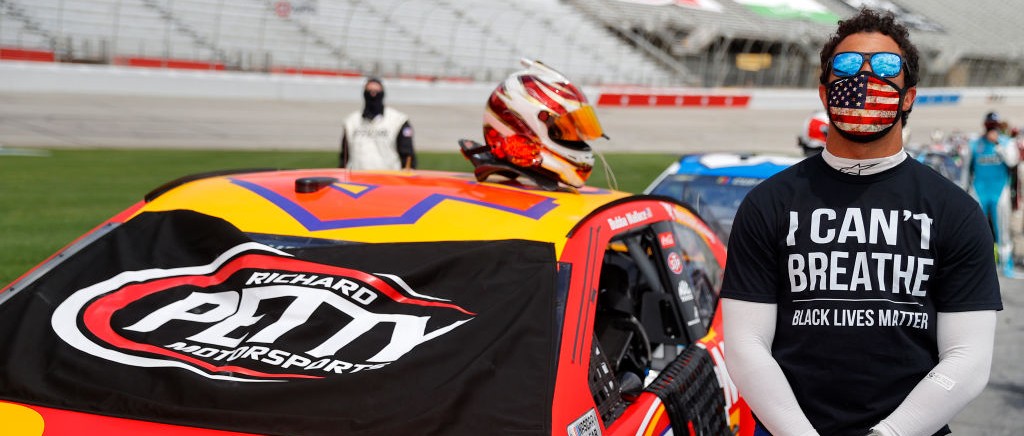



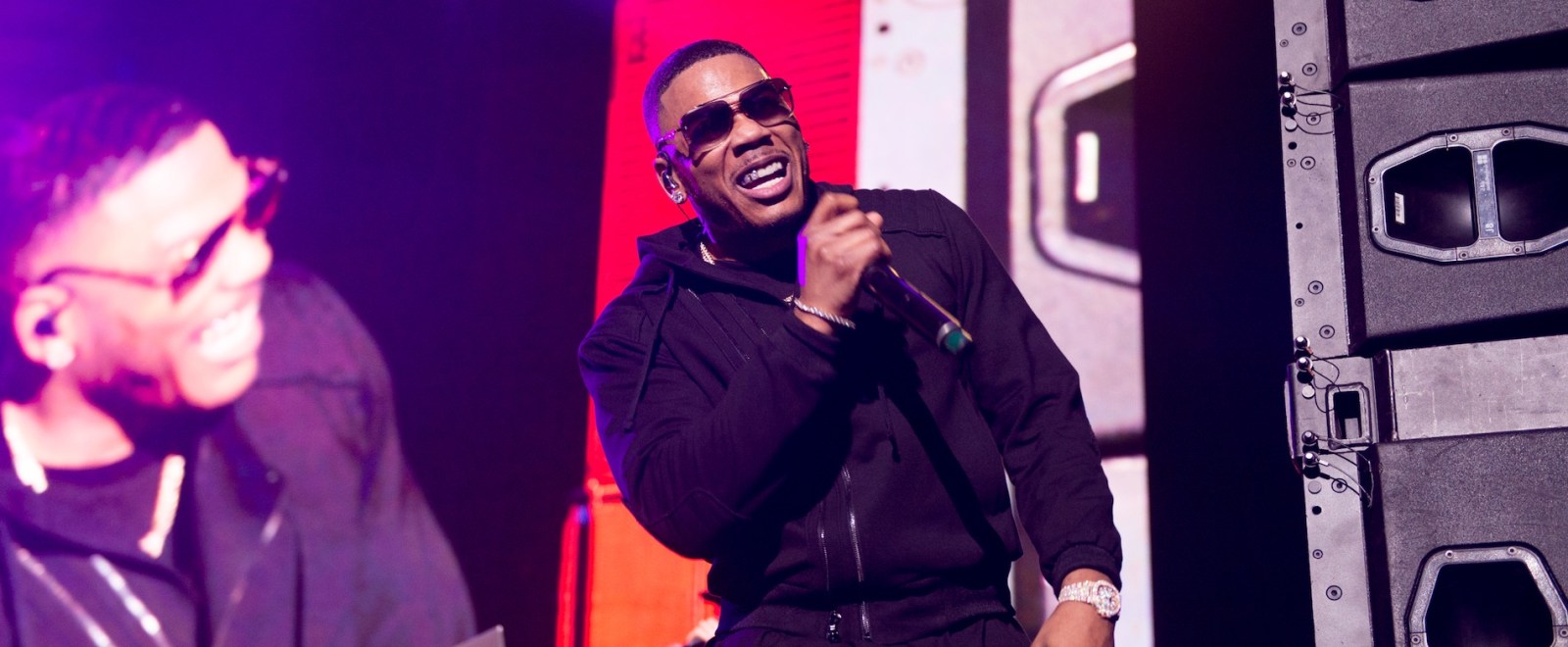

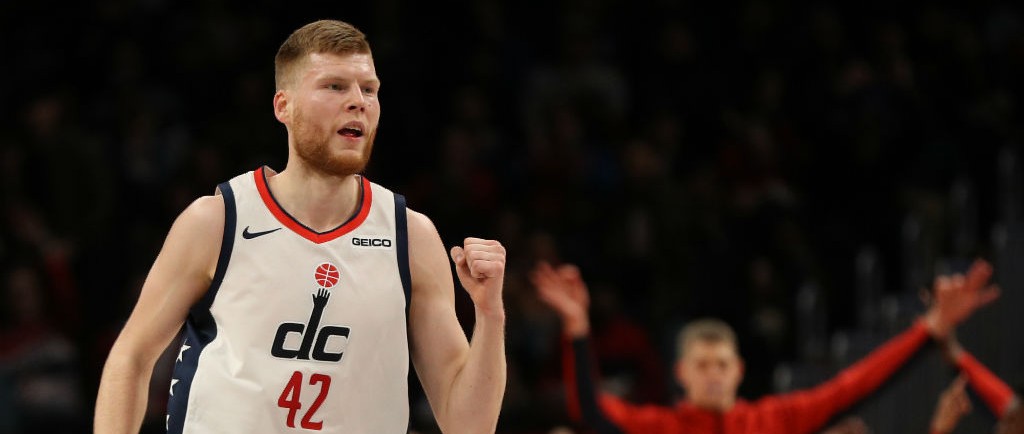
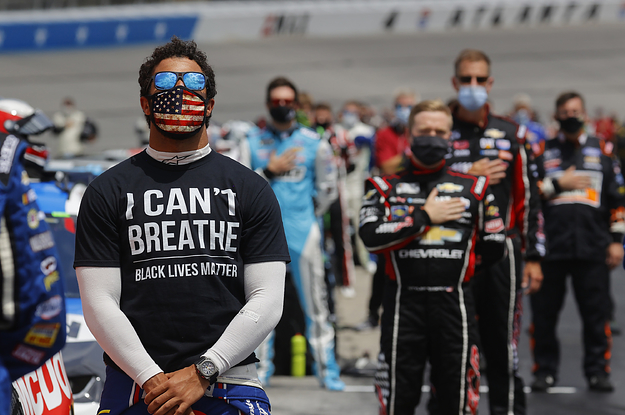
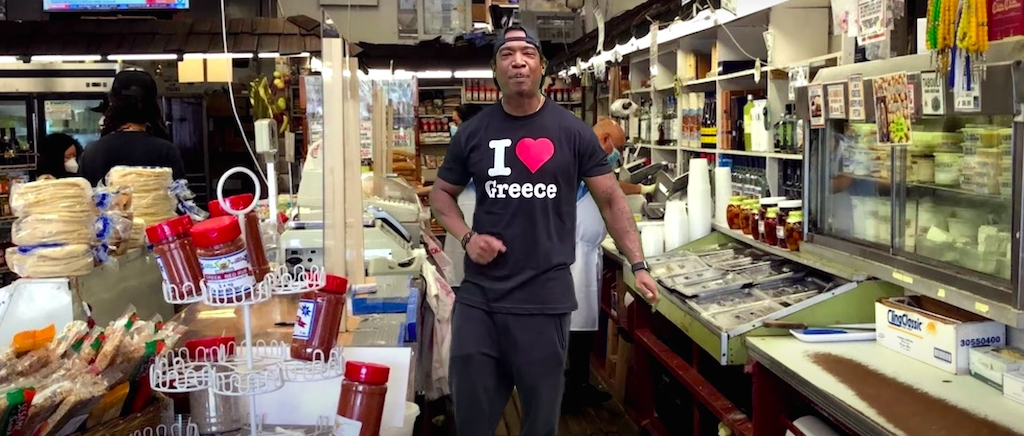

 this is what happens when you fuk with me, i’ll have you and your whole label selling Gyro’s
this is what happens when you fuk with me, i’ll have you and your whole label selling Gyro’s  go ahead try me!
go ahead try me! 

 this my spot
this my spot 
